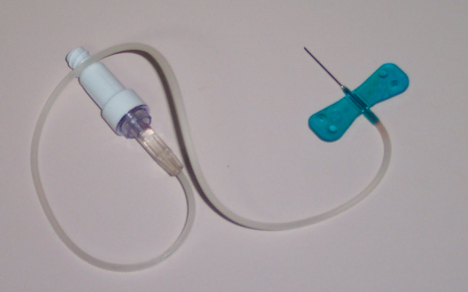LA
Well-Known Member
I agree with you to a certain extent Vanessa regarding the resistant virus/infection. Yes it would be detrimental to a breeder... BIG TIME
But say you have a rat that has a contagious virus resistant to antiobiotics and passes it on to the other rats and new rats that you introduce that can be detrimental. First you start with one antibiotic, then two, then stronger, and then after a year you find that nothing is getting rid of it. But the virus/infection is still with your rats. I'm just bringing it up as a discussion.
But say you have a rat that has a contagious virus resistant to antiobiotics and passes it on to the other rats and new rats that you introduce that can be detrimental. First you start with one antibiotic, then two, then stronger, and then after a year you find that nothing is getting rid of it. But the virus/infection is still with your rats. I'm just bringing it up as a discussion.




